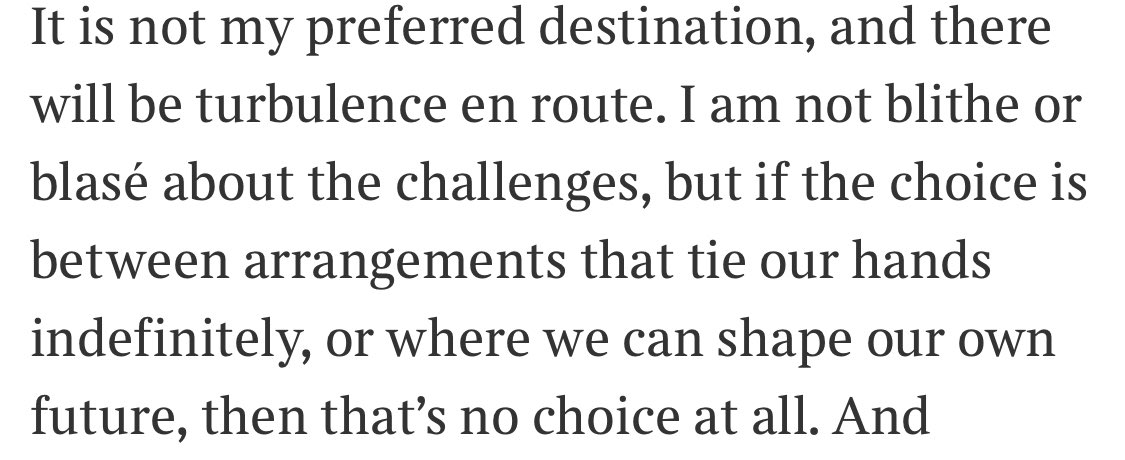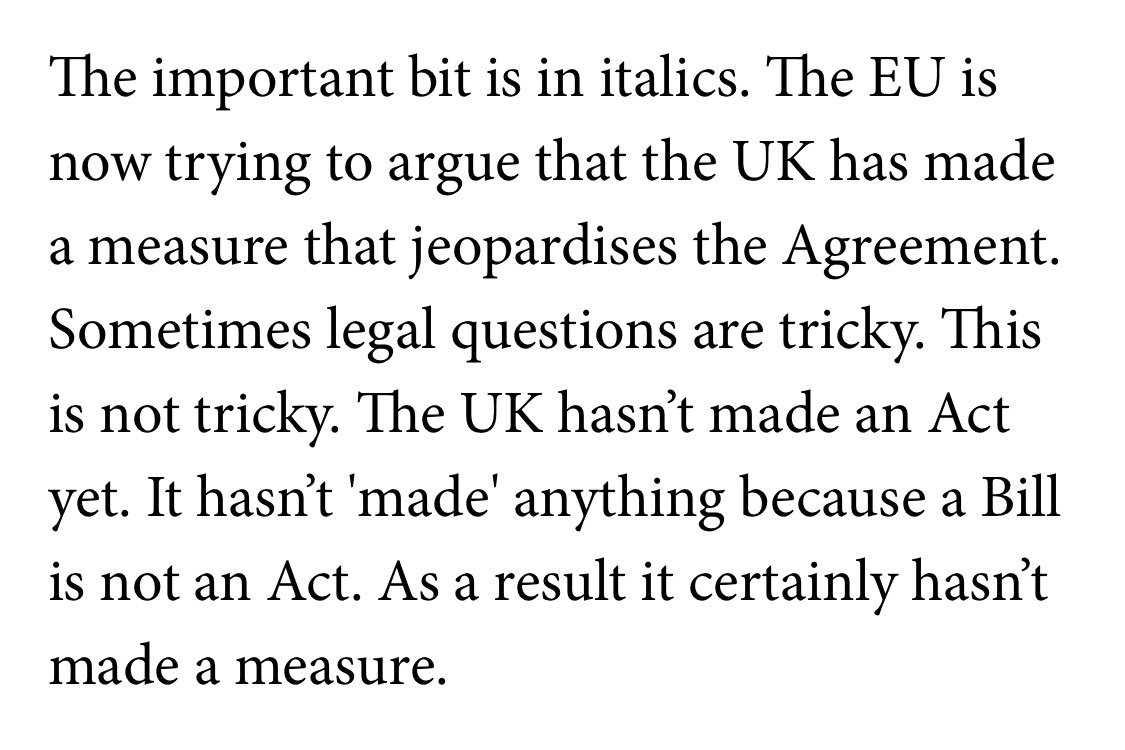
This essay on judicial review, democracy, and the Left is now online at @thefabians website. fabians.org.uk/wp-content/upl…, from page 23.
https://twitter.com/GeorgePeretzQC/status/1291339589240737792
One of the points made is along the lines of my recent thread here: it’s that the alleged tension between effective government and judicial review/human rights protection is illusory.
https://twitter.com/georgeperetzqc/status/1316639856844562434
The vision of the state that is at the heart of the social democratic/Fabian tradition is a state that provides people with the services and support that they need in order to flourish. Such a state needs to be effective.
To be effective, a state needs to be accountable to and respectful of all those whom it serves. Without that it will take bad decisions and won’t win the basic level of trust on which its effectiveness depends.
Judicial review and human rights are essential to accountable and respectful government, and hence effective government: an essential supplement to accountability through elected representatives.
So judicial review and human rights aren’t an optional extra for the democratic left. They are at the core of the project.
• • •
Missing some Tweet in this thread? You can try to
force a refresh









